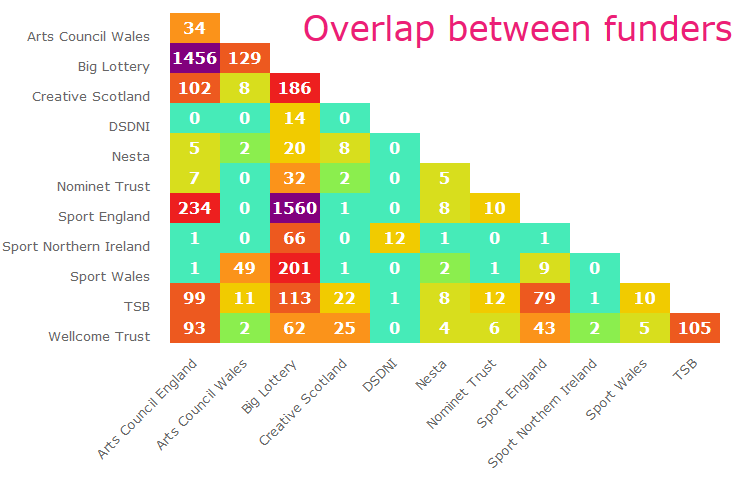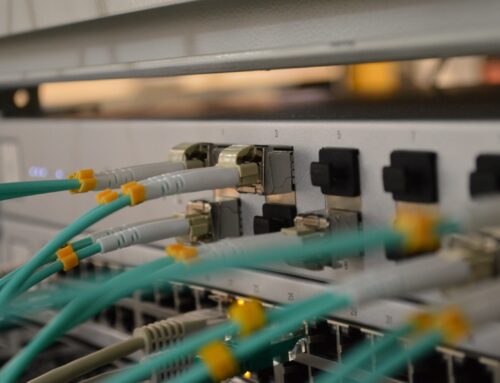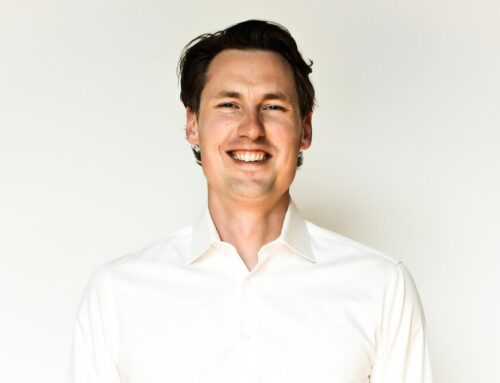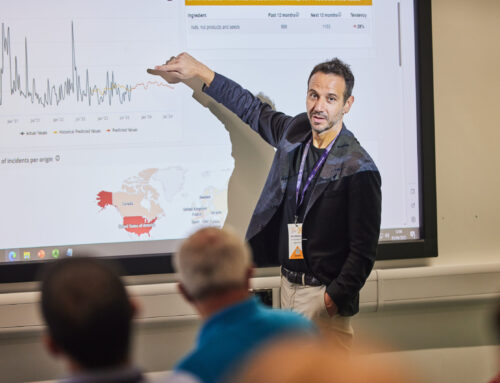In Agro-Know, we are right in the middle of several interesting things that are happening in relation to open data and its impact for research institutions and businesses. We are trying to help research institutions understand better and implement open research policies, by deploying an online service that will have customised offerings to help initiatives and institutions comply. We are involved in national activities that try to open up public sector data for research and innovation. We are active in the global movements that try to open up data for agriculture and nutrition. And we are advocates of the change and impact that openness will bring.
There are several people and opportunities that help me develop my own perspective on where things are expected to go. Very often, by meeting some great personalities or joining very influential events. This was the case with my participation at the Annual Summit of the Open Data Institute (ODI), in London, UK.
Founded by Sir Tim Berners-Lee and Professor Nigel Shadbolt, the ODI is an independent, non-profit, non-partisan, limited by guarantee company. It launched in 2012, having £10 million over five years from the UK Government and $750,000 from Omidyar Network. It’s team is working hard in order to catalyse the evolution of open data culture to create economic, environmental, and social value. It particularly aims to help unlock supply, to generate demand, and to create and disseminate knowledge to address local and global issues.
The 2014 Summit of the ODI was the 2nd in row and a got together about 400 people from a variety of institutions and countries (although most were from the UK) working on or interested in open data. It practically run for three days:
b) One day was the Summit Day with a gala event where open data awards were given.
c) One day was devoted to a meeting of the various ODI nodes in other countries and cities (like the recently set up ODI Athens).
I particularly liked the talk of Herman Hauser on Innovation Challenges for businesses. Herman is from the Venture Capital (VC) Amadeus Capital Partners and talked about the future innovation that he foresees in the data companies. He suggested to remember two things from his talk: that machine learning will be the major revolution since the Alan Turing time and that the most valuable and important data set is health-related.
It was very interesting to hear Ariel Gold from Amazon Web Services Open Data Programme talk about how they are building communities and tools around sustainable open data sets. She mentioned the 1000 genomes project and the partnership with NASA Earth eXchange to reduce carbon pollution and promote science to understand and manage climate impacts. She explained how they helped deploy 20TBs of data and a number of Amazon virtual Machine Images with pre-installed software on analysis and visualisation using Amazon services. And then that they launched the OpenNEX challenge to get apps that can help NASA researchers solve this challenge.
The talk most relevant to Agro-Know’s international activities was the one by Liz Carolan, International Manager and ODI’s GODAN liaison. Liz talked about the Partnership for Open Data, a project that they run with the World Bank on creating open data leaders in developing countries.





